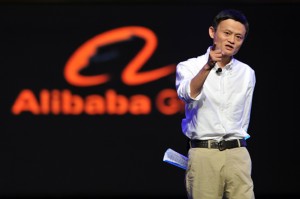royalbcmuseum.bc.ca
With the landmark Supreme Court ruling granting the Xeni Gwet’in people 1,750 square kilometers of land west of Williams Lake, business for resource extraction companies in B.C. got a whole lot more complicated. This decision made it mandatory for businesses like Taseko Mines to obtain approval from the Tsilhqot’in nation in order to undertake natural resource-based projects in the interior of B.C. Environmental protection and the health of the wildlife is a major focus for the Tsilhqot’in people. While potentially very lucrative, the New Prosperity copper-gold project is a large-scale industrial mining environment, which threatens the fish habitat of Fish Lake. The Tsilhqot’in will undoubtedly be challenging to negotiate with on this matter; reaching an agreement will be time-consuming and costly.
Businesses operating in or near First Nations territory face mounting challenges in a business environment shaped by the society and culture of the Aboriginal landowners. The desires of the Tsilhqot’in people do not in any way parallel the interests of the resource extraction entrepreneurs (primarily concerned with profit maximization). The best tactic for prospective businesses operating in close proximity to Aboriginal territory is to find a way to create value for Aboriginal stakeholders.
http://www.vancouversun.com/news/metro/Unilateral+park+declared+Tsilhqot+includes+Prosperity+mine/10192766/story.html
http://www.vancouversun.com/life/Premier+urges+cooperation+more+litigation+government+natives+reach+fork+road/10194776/story.html



